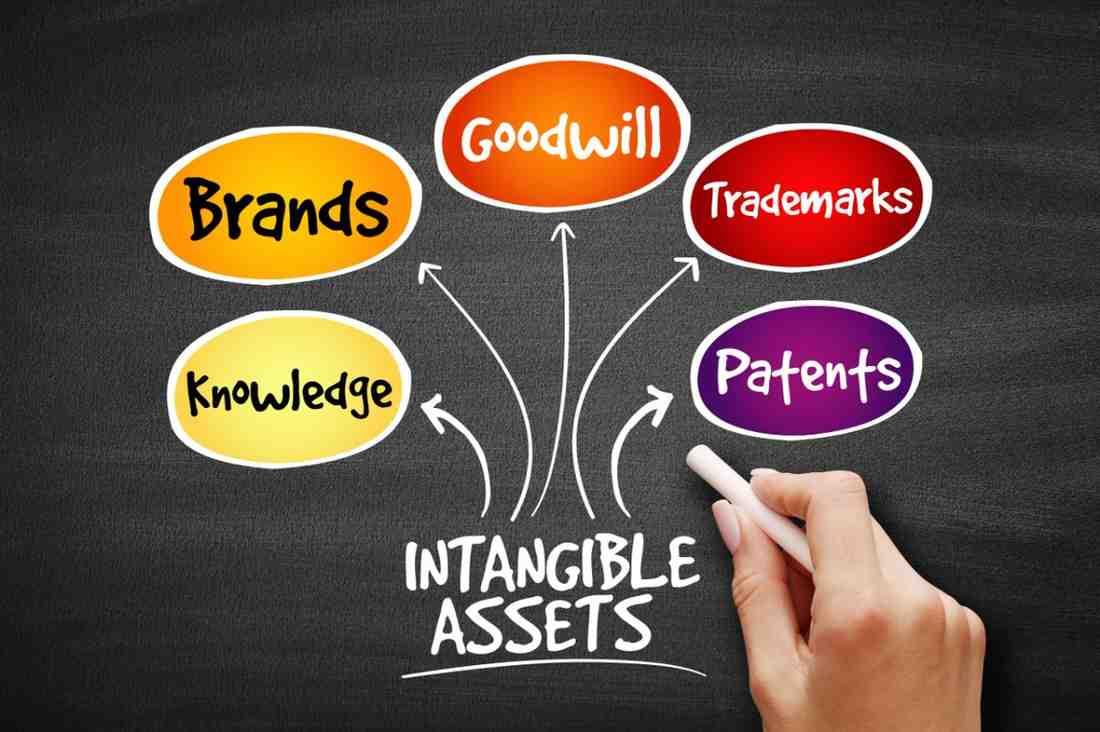The Indian real estate market stands as one of the largest sectors contributing to the country’s economic growth. With urbanization and industrialization at the forefront, the sector has seen substantial development over the past few decades

This blog aims to explore how MSMEs can revolutionize India’s real estate sector, addressing the current challenges and paving the way for sustainable growth. By examining the intersection of MSMEs and real estate, we can uncover innovative solutions, economic benefits, and strategies to drive transformation in this vital industry.
MSMEs play a crucial role in driving the Indian economy.
Definition and Categories of MSMEs
MSMEs are classified according to their investment in plant, machinery, or equipment, as well as their turnover. According to the Micro, Small, and Medium Enterprises Development (MSMED) Act, 2006, the classifications are as follows:
Micro Enterprises:
Investment: These businesses have an investment in plant and machinery or equipment that does not exceed ₹1 crore.
Turnover: Their annual turnover is capped at ₹5 crores.
Examples: Local shops, small manufacturing units, and cottage industries.
Small Enterprises:
Investment: Small enterprises have a higher investment limit, with investments in plant and machinery or equipment not exceeding ₹10 crores.
Turnover: Their annual turnover is restricted to ₹50 crores.
Examples: Small-scale manufacturing units, regional service providers, and local wholesale businesses.
Medium Enterprises:
Investment: These enterprises can invest up to ₹50 crores in plant and machinery or equipment.
Turnover: Their annual turnover can go up to ₹250 crores.
Examples: Larger manufacturing plants, medium-sized IT firms, and regional exporters.
Statistical Significance
MSMEs contribute significantly to India's GDP, employment, and overall economic growth. According to the Ministry of MSME, this sector contributes roughly 30% to India's GDP and provides employment to over 110 million individuals. Additionally, MSMEs are responsible for approximately 45% of the country's total industrial output and 40% of its exports, underscoring their crucial role in the economy.
Case Studies of Successful MSMEs
Several MSMEs have made remarkable strides across various sectors. For instance, companies like Zoho Corporation and InMobi have disrupted the tech industry, while enterprises like Amul have transformed the dairy sector. These success stories highlight the potential of MSMEs to innovate and drive growth in different domains, including real estate.
Current Challenges in the Real Estate Market
High Property Prices
One of the significant challenges in India’s real estate market is the high property prices, which make homeownership unaffordable for many. This issue is exacerbated by the scarcity of affordable housing options, particularly in urban areas.
Regulatory Hurdles
The real estate sector is plagued by complex regulatory frameworks that often lead to delays in project approvals and increased costs. The lack of transparency and cumbersome processes further hinder the sector's growth.
Impact of the COVID-19 Pandemic
The COVID-19 pandemic has had a profound impact on the real estate market, leading to a slowdown in construction activities, reduced demand for commercial properties, and financial strain on developers. The pandemic highlighted the need for more resilient and adaptable business models in the real estate sector.
Existing Solutions and Limitations
While several solutions have been proposed to address these challenges, many have limitations. Government initiatives such as the Pradhan Mantri Awas Yojana (PMAY) aim to provide affordable housing, but the implementation has been slow. Similarly, regulatory reforms like the Real Estate (Regulation and Development) Act (RERA) have improved transparency but have not fully addressed the issues of delays and high costs.
Potential of MSMEs to Address Real Estate Challenges
Innovative Solutions Offered by MSMEs
MSMEs bring a wealth of innovative solutions to the table, particularly in the realm of PropTech (Property Technology). These include digital platforms for property management, virtual tours, and AI-driven analytics to streamline transactions and enhance customer experience.
Affordable Housing
MSMEs have the potential to bridge the gap in affordable housing by adopting cost-effective construction techniques and leveraging local materials. Innovations such as prefabricated homes and modular construction can significantly reduce costs and construction time.
Sustainable Construction
Sustainability is a critical focus area where MSMEs can make a substantial impact. By adopting green building practices, such as energy-efficient designs and the use of renewable materials, MSMEs can contribute to the development of eco-friendly real estate projects.
Government Policies and Initiatives
The Indian government has introduced several policies to support MSMEs in the real estate sector. Initiatives like the Credit Guarantee Fund Trust for Micro and Small Enterprises (CGTMSE) provide collateral-free loans to MSMEs, encouraging their participation in real estate projects. Additionally, schemes like the MSME Development Act offer incentives and support for technology upgrades and market expansion.
Benefits of MSME Involvement in Real Estate
Economic Benefits
MSME involvement in the real estate market can lead to significant economic benefits. By creating job opportunities and boosting local economies, MSMEs can drive economic growth at both the micro and macro levels. Increased investment in real estate projects by MSMEs can also attract further investments from larger firms and international stakeholders.
Social Benefits
The social benefits of MSME participation in real estate are manifold. Affordable housing projects can improve living standards and provide better access to essential services. Community development initiatives led by MSMEs can foster inclusive growth and enhance the quality of life for residents.
Environmental Benefits
MSMEs' focus on sustainable construction practices can lead to substantial environmental benefits. Green technologies and eco-friendly building materials can reduce the carbon footprint of real estate projects, contributing to a more sustainable future. By prioritizing energy efficiency and waste reduction, MSMEs can set new standards for environmental responsibility in the real estate sector.
Strategies for MSMEs to Enter the Real Estate Market
Identifying Niche Markets and Opportunities
MSMEs should focus on identifying niche markets within the real estate sector where they can leverage their unique strengths. For example, targeting affordable housing projects in emerging urban areas or specializing in sustainable construction techniques can provide a competitive edge.
Leveraging Technology and Innovation
Technology and innovation are critical drivers for MSMEs to succeed in the real estate market. By adopting PropTech solutions, MSMEs can streamline operations, enhance customer experiences, and improve overall efficiency. Innovations such as 3D printing for construction and smart home technologies can set MSMEs apart from traditional real estate players.
Building Partnerships and Collaborations
Collaborating with larger firms and government agencies can provide MSMEs with the necessary resources and expertise to undertake real estate projects. Strategic partnerships can also help MSMEs navigate regulatory frameworks and secure funding for their ventures.
Securing Funding
Access to funding is a crucial factor for MSMEs entering the real estate market. MSMEs can explore various funding options, including government schemes, venture capital, and crowdfunding. Building a strong business case and demonstrating the potential for high returns can attract investors and financial
institutions.
Navigating Regulatory Frameworks
Understanding and navigating the complex regulatory environment is essential for MSMEs in the real estate sector. Staying informed about relevant laws and regulations, and engaging with industry associations, can help MSMEs ensure compliance and mitigate risks.
Conclusion
The intersection of MSMEs and the real estate market in India holds immense potential for transformative growth. By addressing the challenges facing the real estate sector and leveraging their innovative capabilities, MSMEs can drive economic, social, and environmental benefits. With the right strategies and support, MSMEs can revolutionize India’s real estate market, contributing to a more sustainable and inclusive future.
FAQs
What are MSMEs and why are they important in India?
MSMEs are Micro, Small, and Medium Enterprises that play a crucial role in the Indian economy by contributing to GDP, employment, and industrial output. They are known for their agility and innovation, making them vital for economic growth.
How can MSMEs contribute to affordable housing in India?
MSMEs can adopt cost-effective construction techniques and leverage local materials to reduce costs. Innovations like prefabricated homes and modular construction can make affordable housing more accessible.
What are some challenges faced by the Indian real estate market?
The Indian real estate market faces challenges such as high property prices, regulatory hurdles, lack of transparency, and the impact of the COVID-19 pandemic. These challenges impede the sector’s growth and development.
How can MSMEs leverage technology in the real estate sector?
MSMEs can use PropTech solutions to streamline property management, enhance customer experiences, and improve operational efficiency. Technologies like 3D printing and smart home solutions can set MSMEs apart from traditional real estate players.
What government policies support MSMEs in real estate?
Government policies such as the Credit Guarantee Fund Trust for Micro and Small Enterprises (CGTMSE) and the MSME Development Act provide financial support, incentives, and assistance for technology upgrades and market expansion.
What are the environmental benefits of MSME involvement in real estate?
MSMEs can contribute to sustainable construction practices by using green building materials, energy-efficient designs, and renewable resources. This helps reduce the carbon footprint of real estate projects and promotes environmental responsibility.


































.png)
-min.png)
-min.png)
-min.png)
-min.png)







.png)









